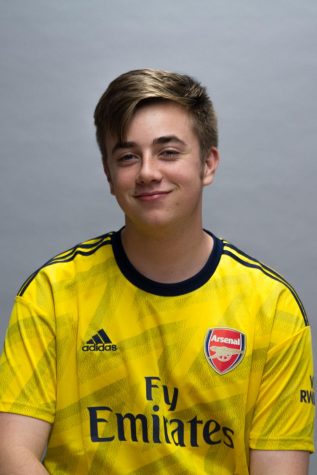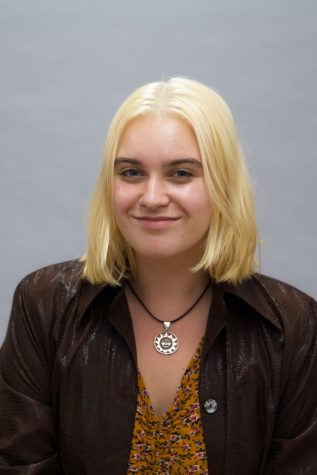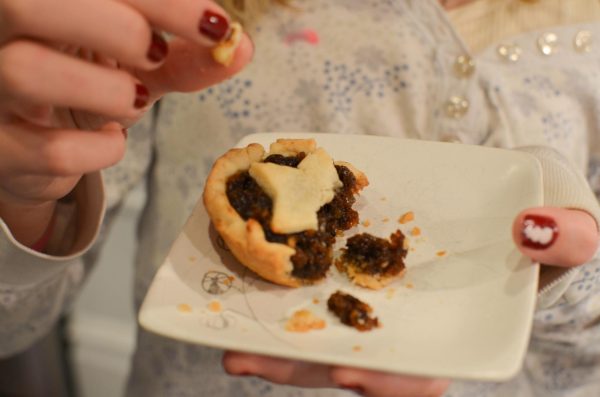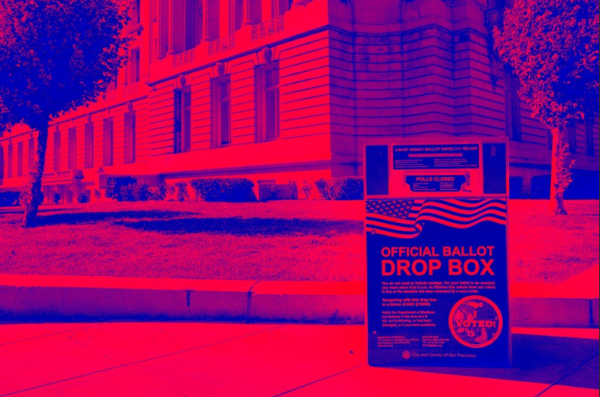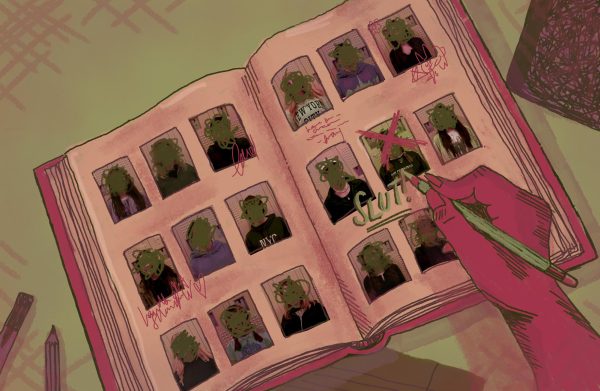What really is the SBAC test?
On a Tuesday morning, nearly 2,700 students file into Lowell’s halls at 8:20 am. Juniors with first block English or math classes are greeted with carts full of laptops and directions to unlock their devices and click on “AirSecureTest” under Apps on their screens. For the next two hours, these classrooms are silent except for the anxious shuffling of feet against the floor.
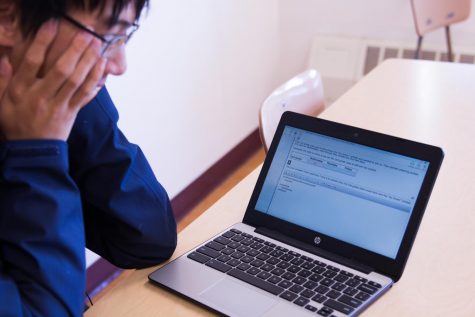
Some local colleges may use these test scores, but many students still do not take the testing process seriously.
From April 9 through 18, students took part in California’s Smarter Balanced Summative Assessments, computer adaptive tests designed by the Smarter Balanced Assessment Consortium, a multi-state association. After the assessment was piloted in 2017 and 2018, juniors took part in the first operational administration of the California Science Test (CAST) Field Test on April 11. These tests make up the California Assessment of Student Performance and Progress (CAASPP) System, which replaced the Standardized Testing and Reporting (STAR) Program that ended in 2013.
The tests serve as the statewide platform for evaluating California’s public schools, and their results are reported from a range of 2,000 to 3,000 points across all grades. These scores categorize students into differing achievement levels, with Level 1 being novice and Level 4 being advanced.
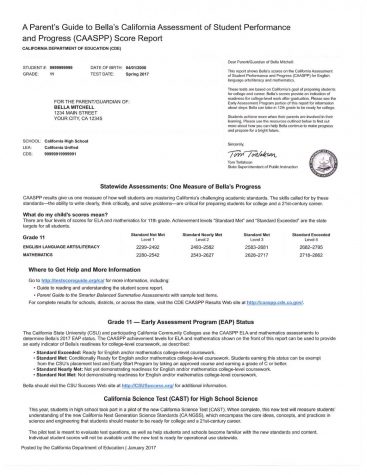
An example of a student score report for the California Assessment of Student Performance and Progress (CAASPP)
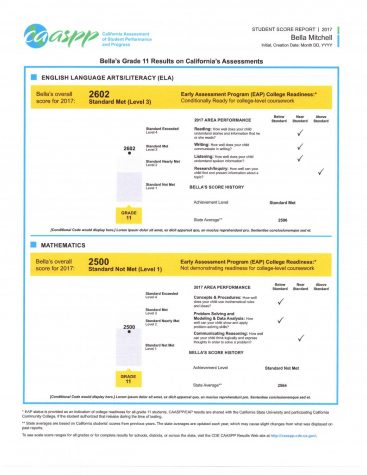
An example of a student score report for the California Assessment of Student Performance and Progress (CAASPP)
The scores of 11th graders can be accessed by outside institutions through an opt-in request at the end of most tests. Colleges from 10 states including California State Universities (CSUs) and California Community Colleges can access them, with students earning at least Level 3 scores rated to be college-ready
Although students recognize that some local colleges use these scores, many still do not take the testing process seriously. One junior who wanted to remain anonymous described speeding through their CAST test in order to leave class early. While other test administrators were encouraged to keep students in class until the end of the testing period in order to discourage skipping through questions, the prompter overseeing their test did not do so.
Assistant principal and SBAC test coordinator Holly Giles job is to oversee the entire test and enforce 100 percent participation rates. In order to do so, she scheduled retakes for students who missed tests. She addressed those who believed that the test had no repercussions on their or the school’s record: “We get documentation that gets mailed to the students home, and it goes into their file, and it goes into the school system,” Giles said, “The state will see the outcome results. It will reflect the school district and school.”
